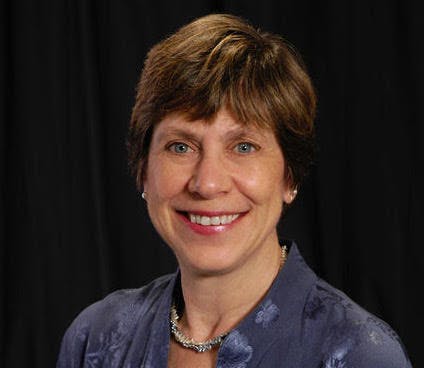
Can Trump ‘Nationalize’ Elections?
By THE NEW YORK SUN
|She started at age seven, serving tea and cookies to Milton and Rose Friedman, and rose to cover our political economy — and dodge machine gun fire to walk among the protesters at Tiananmen Square.

Already have a subscription? Sign in to continue reading
$0.01/day for 60 days
Cancel anytime
By continuing you agree to our Privacy Policy and Terms of Service.
By BRADLEY CORTRIGHT
|